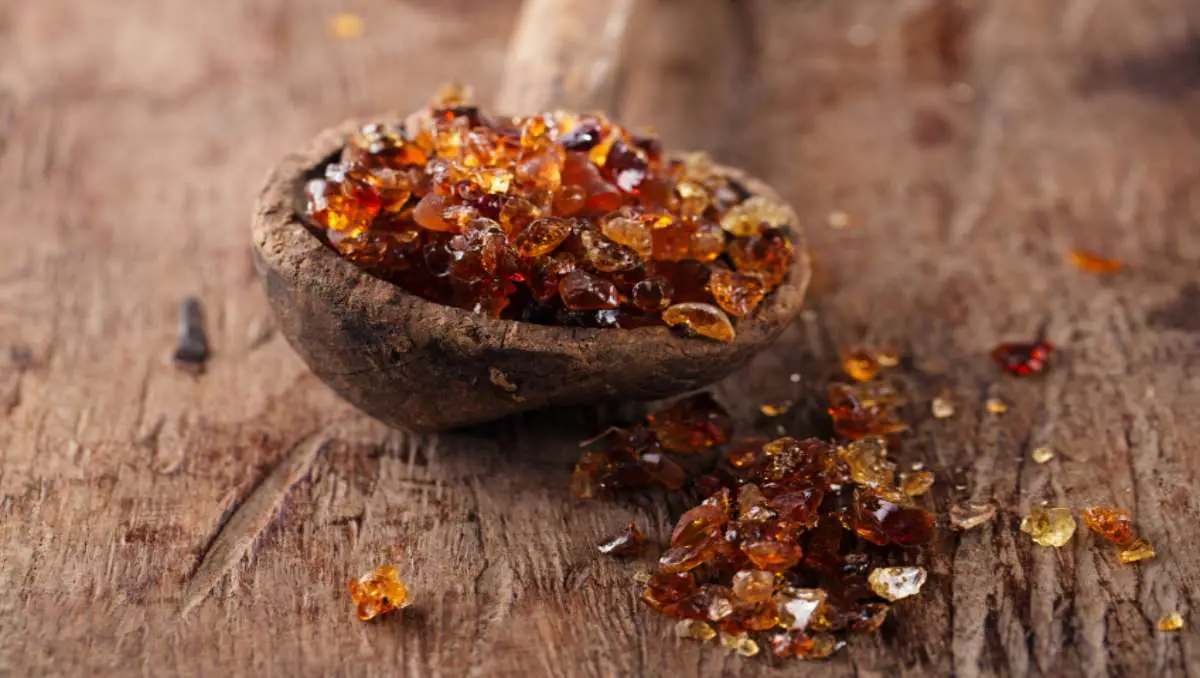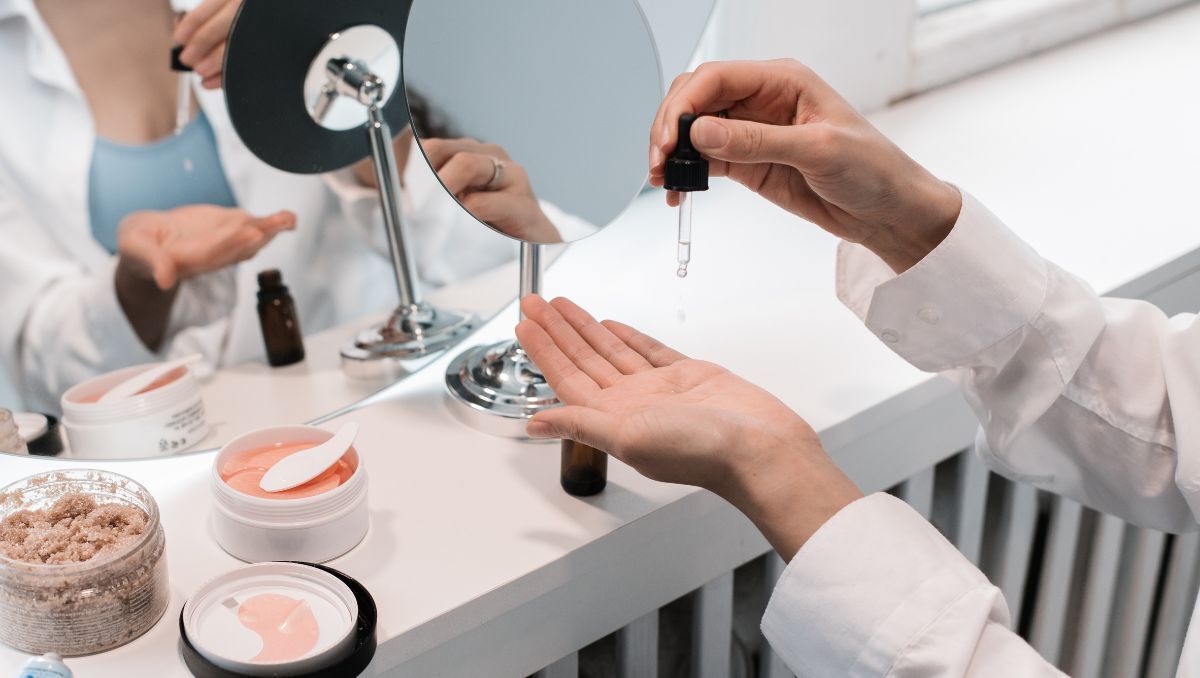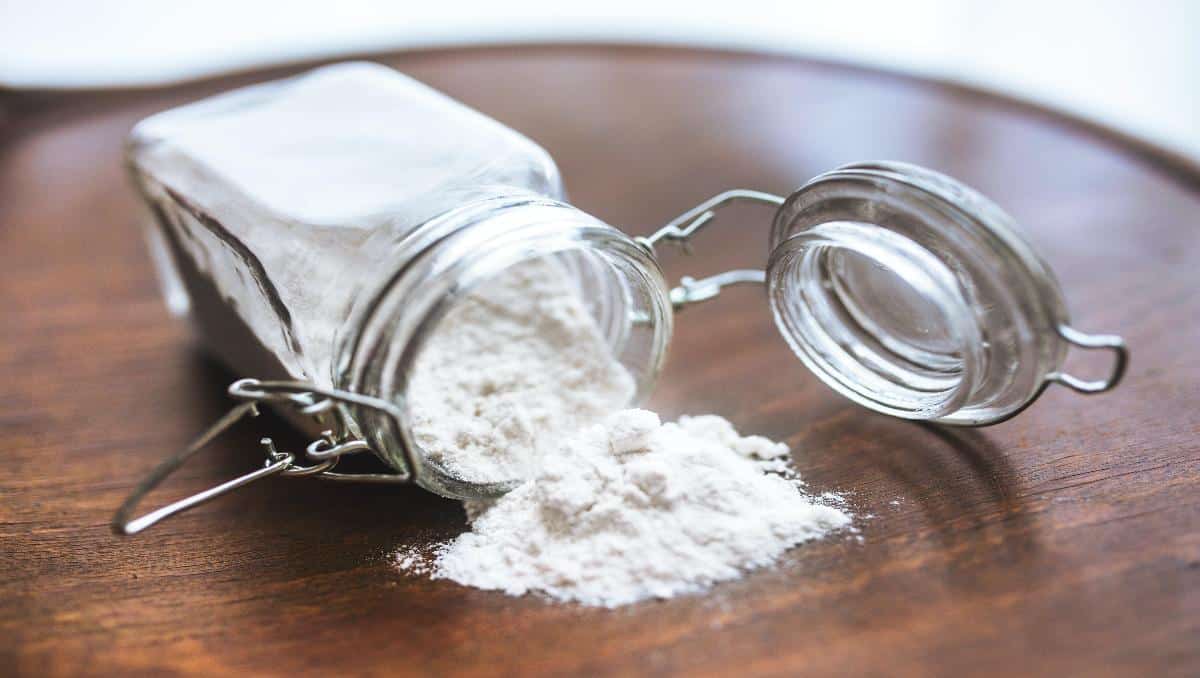Polysorbate 80 is a commonly used ingredient in food, cosmetics, and pharmaceuticals. However, there are potential risks associated with this additive that may concern you. Are you looking for a safer alternative to polysorbate 80? Luckily, there are several alternatives available that can perform similar functions without the same level of risk.
Polysorbate 80 alternatives encompass both natural and synthetic options. Natural alternatives like lecithin and xanthan gum offer safety and clean-label benefits in food, cosmetics, and pharmaceuticals. Synthetic alternatives include ingredients like polysorbate 20 & 40 and PEG-40 castor oil.
In this article, we will explore the world of polysorbate 80 alternatives and help you find the perfect option for your needs.
What is Polysorbate 80 and Why is it Used?
Polysorbate 80 is a commonly used ingredient in many products because it helps to create a smooth, creamy texture and improves the stability of emulsions. This versatile compound has entered various industries due to its unique properties and benefits.
Food
In the food industry, polysorbate 80 is used as an emulsifier in processed foods such as ice cream, mayonnaise, baked goods, processed cheeses, syrups, and salad dressings. It helps to blend ingredients that would otherwise separate, resulting in a more consistent and appealing product.
Polysorbate 80 can enhance the flavor and aroma of certain food items.
Cosmetics
In the cosmetics industry, polysorbate 80 is utilized to solubilize oils and other hydrophobic ingredients. This allows for the creation of smooth and stable formulations with improved texture and appearance. Like another emulsifier called sodium laureth sulfate, polysorbate 80 can increase the absorption of active ingredients into the skin, improving their effectiveness.
Some formulations that include polysorbate 80 in cosmetics are face creams, shampoos and conditioners, makeup removers, lipsticks, and sunscreen lotions.
Pharmaceuticals

Polysorbate 80 also plays a significant role in drug delivery systems by enhancing the solubility and bioavailability of poorly soluble drugs. Its ability to form stable emulsions enables efficient delivery of medications through various routes, such as oral or intravenous administration.
While polysorbate 80 has proven helpful in creating desirable textures and improving stability in various products across industries like food manufacturing or cosmetics formulation, consumers must be aware of potential health concerns associated with this ingredient.
What are the Potential Risks and Side Effects of Polysorbate 80?
Polysorbate 80 is used as an emulsifier and stabilizer in food, cosmetics, and pharmaceutical products. However, adverse reactions may occur in specific individuals. While generally recognized as safe by regulatory agencies, some concerns have been raised regarding its health implications.
Generally, Polysorbate 80 is considered safe for use within specified limits and is typically recognized as safe (GRAS) in food. It is crucial to adhere to the FDA’s guidelines for its specific applications and maximum allowable concentrations.
However, one potential risk of polysorbate 80 is its association with allergic reactions. Some people may experience skin irritation or develop allergies upon exposure to this ingredient. Additionally, sensitive individuals have reported respiratory distress and gastrointestinal symptoms such as nausea and vomiting.
Polysorbate 80 has also been linked to potential reproductive toxicity. Animal studies have shown that high doses of toxic chemicals can affect fertility and reproductive organs. Although human studies are limited, caution should be exercised during pregnancy or when trying to conceive.
It is also worth noting that polysorbate 80 can enhance the absorption of other substances across biological barriers, such as the blood-brain barrier. This property raises concerns about its potential role in facilitating the entry of harmful substances into the brain.
Polysorbate 80 Alternatives
When finding alternatives to polysorbate 80, you have several options to consider. One option is natural alternatives derived from plants or other organic sources. Another option is synthetic alternatives, created in a laboratory and designed to mimic the properties of polysorbate 80.

Natural Alternatives
Several options are available if you’re looking for natural alternatives to polysorbate 80. These substances offer similar emulsifying properties to polysorbate 80 while being derived from natural sources.
Lecithin
You can easily swap out polysorbate 80 for lecithin, a versatile alternative that adds a smooth and creamy touch to your formulations.
Lecithin is an excellent emulsifying agent, ensuring proper ingredients blending in food and skincare products. It offers various health benefits, such as promoting brain health and improving cholesterol levels.
Compared to other emulsifiers, lecithin is natural and gentle on the skin, making it a popular choice among those seeking healthier alternatives.
Xanthan Gum
Consider incorporating xanthan gum into your skincare products to achieve a perfectly thick and creamy texture in your formulations. Xanthan gum is an emulsifying and thickening agent that can enhance the viscosity of your products.
It is commonly used in gluten-free baking as a vegan alternative to eggs. With its rheology-modifying properties, xanthan gum can help create stable and smooth formulations that provide the desired texture for an inclusive audience.
Guar Gum
Derived from the seeds of the guar plant, guar gum offers various benefits and uses. In baking, it acts as a thickening agent and improves texture. In skincare, it provides hydration and helps with product consistency. In hair care, it adds volume and reduces frizz.
Acacia Gum

Derived from the acacia tree sap, acacia gum is a versatile ingredient that brings a touch of natural elegance to your beauty routine. Acacia gum offers numerous benefits, making it a popular choice in various industries.
It’s a stabilizer and thickener in the food industry, enhancing texture and shelf life. Its natural emulsifying properties make it suitable for creating stable emulsions in pharmaceutical formulations. Overall, acacia gum provides stability and enhances performance in different applications.
Tragacanth Gum
Tragacanth gum is derived from the sap of the Astragalus plant and has many uses and benefits. It is commonly used as a thickening agent in food and cosmetics, providing a smooth texture and enhancing stability.
Tragacanth gum is also known for its moisturizing properties, making it an excellent choice for skincare products. However, some individuals may experience side effects such as allergic reactions or digestive issues when consuming or using tragacanth gum.
Synthetic Alternatives
These synthetic alternatives to polysorbate 80 are effective emulsifiers and dispersants in various industries, including food, cosmetics, and pharmaceuticals.

Polysorbate 20
Polysorbate 20 is an effective emulsifying agent with surfactant properties, making it ideal for addressing formulation challenges. Its stability concerns are minimal, ensuring a reliable product. Polysorbate 20 also complies with regulatory considerations, guaranteeing its suitability for various applications.
Polysorbate 40
To add a different twist to your formulations, try incorporating polysorbate 40. When comparing its effectiveness to other alternatives, polysorbate 40 showcases excellent emulsifying properties.
Safety concerns are minimal, with no reported adverse effects at typical usage levels. The manufacturing process ensures high-quality standards and regulatory considerations support its use in cosmetics and personal care products.
Polysorbate 60
Polysorbate 60 also has excellent emulsifying properties, making it a viable substitute for polysorbate 80. When comparing effectiveness, polysorbate 60 exhibits similar capabilities in stabilizing oil-in-water mixtures and enhancing the solubility of hydrophobic compounds.
However, it’s important to note that some individuals may experience potential allergic reactions to polysorbate 60. Additionally, shelf life considerations and regulatory restrictions should be considered when using this alternative.
PEG-40 Castor Oil
As an alternative to polysorbate 80, PEG-40 Castor Oil offers numerous benefits. It enhances emulsification, solubilization, and stabilization properties in various applications such as cosmetics, personal care products, and pharmaceuticals.
With its excellent safety profile and compatibility with other ingredients, PEG-40 Castor Oil is a reliable choice for achieving the desired texture and performance in your formulations.
Sorbitan Stearate
If you want to achieve a smooth and luxurious feel in your formulations, sorbitan stearate is an excellent choice. It’s been found to increase skin hydration by up to 50%.
When looking for sorbitan stearate alternatives, it’s important to consider stability considerations and formulation challenges. Natural emulsifiers can be a great option, as they offer similar properties while being more environmentally friendly.
Other Alternatives
When considering synthetic alternatives to polysorbate 80, exploring other options is essential. Some alternatives that have shown promise in emulsifying properties and stability include:

-Mono- and Di-glycerides of Fatty Acids (MDGs)
Try using MDGs as an alternative to polysorbate 80. It’ll add a smooth texture to your products without compromising quality. MDGs are commonly used in the food industry due to their effectiveness as emulsifiers. They’ve been extensively studied and found to be safe for consumption.
MDGs provide excellent stability and improve product shelf life compared to other emulsifiers. Moreover, they’re suitable for vegan and vegetarian diets, making them versatile for various formulations.
Sucrose Esters of Fatty Acids (SEFAs)
SEFAs are the ultimate game-changer for achieving an unbelievably smooth and creamy texture in your products.
Sucrose esters, or SEFAs, are highly effective emulsifying agents commonly used as food additives. They serve as a natural alternative to polysorbate 80 and other synthetic emulsifiers. Consider sucrose esters as a reliable ingredient substitution for a more natural approach to emulsification.
Polyglycerol Esters of Fatty Acids (PGFAs)
PGFAs are emulsifying agents commonly used as food additives to create stable emulsions. They are natural emulsifiers derived from lipids and can be utilized in lipid-based delivery systems.
PGFAs have different hydrophilic-lipophilic balance (HLB) values, allowing for fine-tuning emulsion stability and performance in various applications.
Choosing the Right Polysorbate 80 Alternative
When choosing the right polysorbate 80 alternative, there are several factors you need to consider. These factors include the intended application, compatibility with other ingredients, and stability under different conditions.

Solubility
Explore alternative options for solubility that offer freedom from the constraints of polysorbate 80. These alternatives significantly impact bioavailability, affecting drug solubility by enhancing it. They also play a crucial role in emulsion stability, ensuring a well-formulated product.
They also influence formulation viscosity, allowing better control over the final product’s consistency. Additionally, these alternatives are compatible with various excipients, providing flexibility in formulation design.
HLB Value
You need to know the HLB value because it’s the key to creating a stable emulsion. The HLB value, or Hydrophilic-Lipophilic Balance, is crucial in formulating polysorbate 80 alternatives.
It determines the emulsification properties of the alternative, ensuring the effective dispersion of oil and water phases. Knowing the HLB value also helps assess compatibility with other ingredients, meet regulatory requirements, and minimize environmental impact.
Stability
It’s essential to consider factors such as temperature, pH levels, and the proper balance between hydrophilic and lipophilic properties to ensure stability in your emulsion.
Shelf life is a crucial aspect of stability, as it determines how long the product can maintain its quality without deteriorating. Formulation compatibility is also crucial, ensuring that all ingredients work harmoniously together.
Temperature and pH stability are essential for maintaining the integrity of the emulsion, while overall emulsion stability guarantees a consistent and reliable product.
Cost
In terms of polysorbate 80 alternatives, several cost-effective options are worth exploring. A thorough cost comparison between polysorbate 80 and its alternatives can lead to significant cost savings without compromising the quality and stability of the emulsion formulation.
Sensory Properties
Texture preferences are significant in consumer appeal, as a smooth and creamy consistency is often desired.
Aroma considerations should also be considered, ensuring the product has an appealing scent. Color perception and taste sensations further enhance the overall consumer appeal, making it essential to select alternatives to polysorbate 80 that can achieve these sensory attributes effectively.
You might also be interested in the comparison between glycerin vs. polysorbate.
Embracing Change: The Era of Safer Alternatives
The quest for safer alternatives to Polysorbate 80 has unveiled a world of possibilities across various industries.
Whether in the food, cosmetics, or pharmaceutical sectors, the shift towards these alternatives reflects a growing awareness of the need for more sustainable and health-conscious choices.
By making informed choices and staying attuned to industry trends, we can shape a future where product formulations are practical and better for consumers and the environment.







